|
Post by: Dr. Nancy Kay, DVM, DACVIM Dog Checkups & Preventive CareHas your Yorkshire terrier transitioned into his teens? Is the hair on your golden retriever’s muzzle now a lovely shade of gray? If so, it’s likely that some medical issues have accompanied your dog’s aging process. Examples include:
1. Learn as much as possible When a new medication is prescribed for your dog, talk with your veterinarian to gather answers to the following questions:
2. Read the label The prescription label often contains useful information intended to ensure that the medication works well. Read the label carefully to find instructions such as:
3. Get the help you need to achieve compliance Some dogs are real stinkers when it comes to sitting still for eye drops or swallowing a bitter tasting pill. Rely on your veterinary staff members to provide you with their tricks of the trade. Often, a simple suggestion can dramatically reduce the amount of “medication stress” for you and your dog. 4. Play by the rules It is in your dog’s best interest to give medications exactly as prescribed. If doing so isn’t feasible because of your schedule or simply doesn’t feel like the right thing to do, rather than skipping dosages or discontinuing treatment, have a frank discussion with your veterinarian. Almost always there will be other options to consider. 5. Refills Keep in mind that, in addition to authorizing refills for your dog’s medications, your veterinarian is juggling a whole host of other job responsibilities. For this reason, don’t wait until you are down to the last pill to request a refill. Provide at least two to three days notice. 6. Double check refills Accurately filling a prescription requires several steps:
7. Set up a system If you are giving multiple medications to your senior dog, it makes good sense to create a system that prevents missed doses or double dosing. Such goofs are easy to make, particularly when more than one person in the household is responsible for administering medications. Use of a chart that can be checked off when medications are given or a pill organizer (the plastic box with individual compartments) can cut down on dosing errors. 8. Online pharmacies Purchasing prescription drugs online comes with its pluses (cost and convenience) and minuses (potential for incorrect formulation, improper storage, dosage inconsistencies). If you are interested in purchasing your dog’s medications online, talk about this with your veterinarian and ask for a recommendation for a reputable company. 9. Air travel If you and your dog travel by plane, be sure to keep his medications with your personal belongings, in the cabin, rather than in the baggage compartment. Otherwise, a lost suitcase can translate into a huge hassle trying to refill medications on the fly. 10. Biannual exams
Any dog who has achieved the rank of “senior citizen” is well served by a veterinary exam at least twice a year. This is particularly true for dogs receiving medications. The office visit provides an opportunity to discuss how the drugs are working and how well they are being tolerated. Blood testing can gauge the effectiveness of some medications as well as screen for harmful side effects. Lastly, a significant change in your dog’s body weight may warrant a dosage change in his medication. If you have any questions or concerns, you should always visit or call your veterinarian -- they are your best resource to ensure the health and well-being of your pets.
3 Comments
1/8/2022 06:54:53 am
I like it when you said that when a new medication is prescribed for your dog, talk with your veterinarian. When it comes to the pet's health we should go to veterinarians for tips. Thank you for the information about pet medication.
Reply
7/19/2024 04:05:47 am
I truly welcome this superb post that you have accommodated us. I guarantee this would be valuable for the vast majority of the general population.
Reply
Leave a Reply. |
Archives
November 2023
Categories |
|
HELPFUL INFORMATION
Office Hours
Monday: 8AM – 6PM Tuesday: 8AM – 6PM Wednesday: 8AM – 8PM Thursday: 8AM – 8PM Friday: 8AM – 5PM Saturday: 8AM - 12PM Sunday: CLOSED |
LOCATION
AND DIRECTIONS Salem Veterinary Hospital
2159 Lynnhaven Parkway, Suite 105B Virginia Beach, VA 23456 |
CONNECT
WITH US! |
Site powered by Weebly. Managed by IDEXX Laboratories

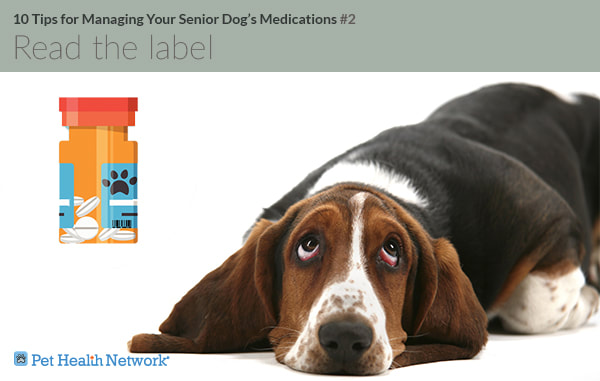
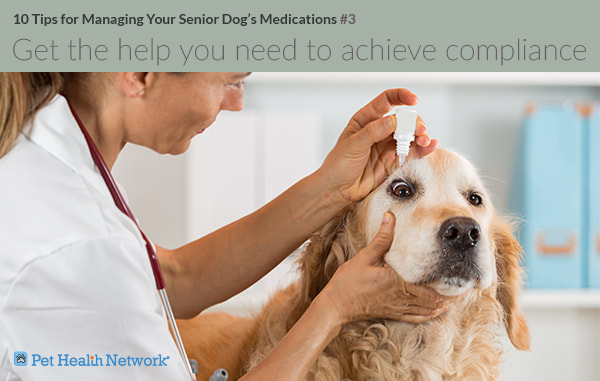
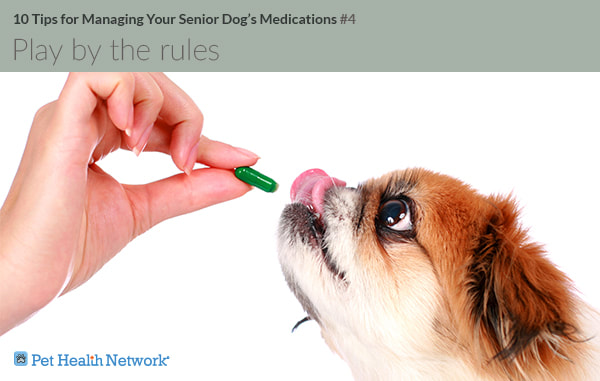
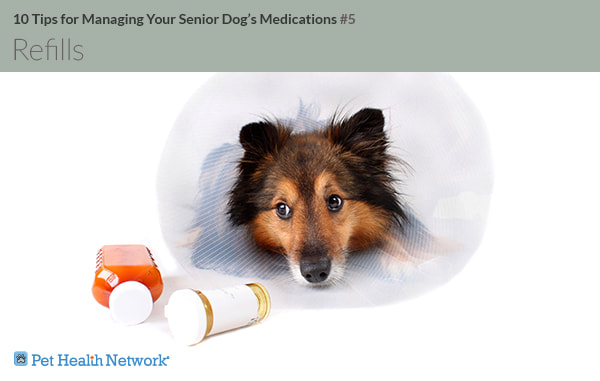
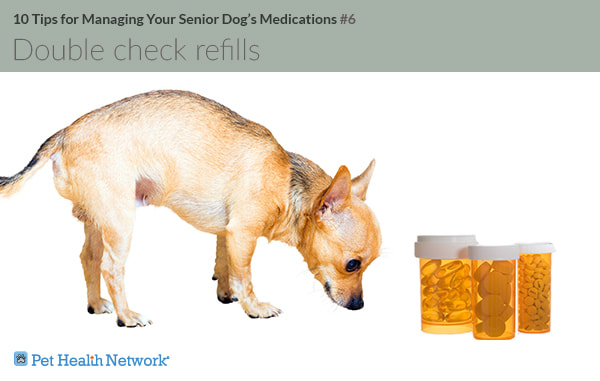
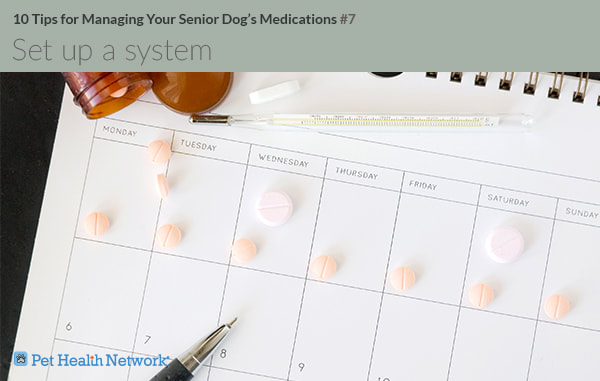
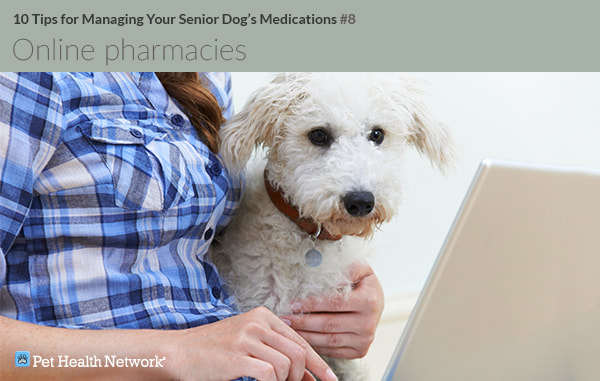
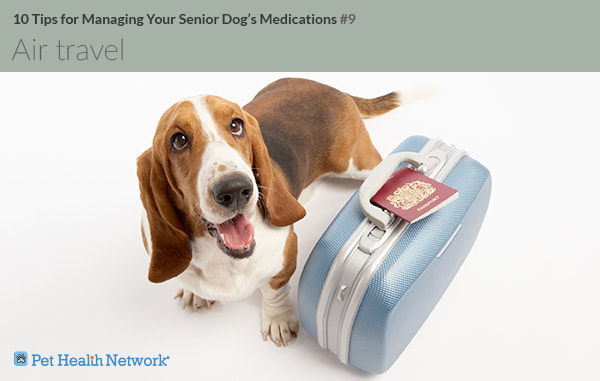
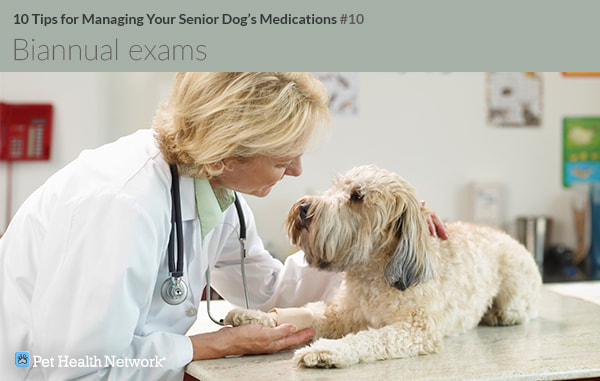
 RSS Feed
RSS Feed
